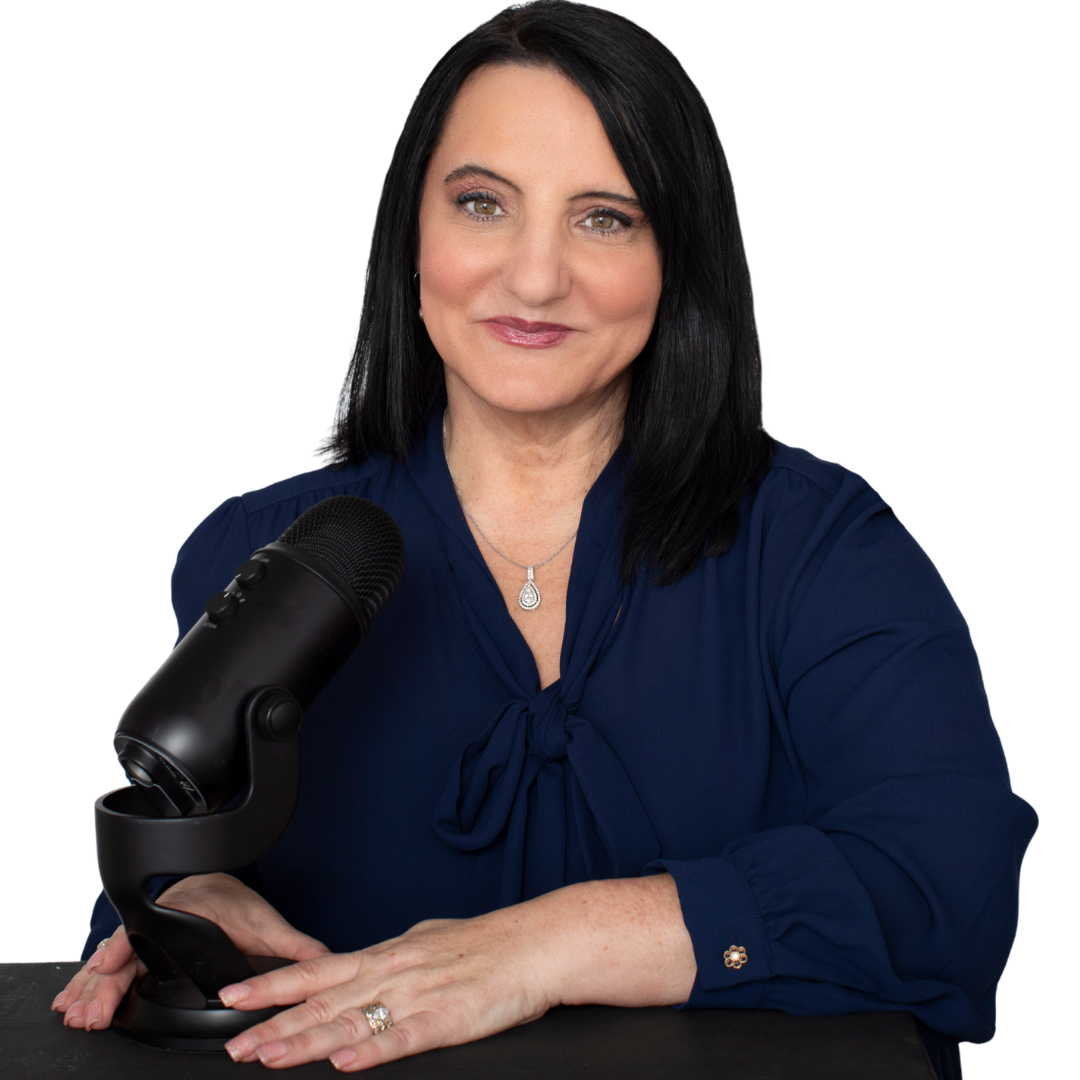https://player.captivate.fm/episode/5611f449-2c24-4bc3-a77f-568bca995f75
The reality is that pharmaceutical interventions are commonly prescribed and deeply ingrained in mental health practices and non-medication approaches are looked at skeptically. Moreover, many people doubt non-medication methods because they don't fully understand how effective they can be. This skepticism often comes from not knowing about the benefits of non-medication approaches and how effective they can be.
The traditional mindset that heavily relies on medications creates a challenge for accepting and using non-medication approaches more widely. That is why in today’s episode, we will be discussing all about non-medication approaches as we debunk myths, shed light on their effectiveness, and discover the power of alternative methods on your mental health journey.
Non-medication approaches focus on regulating the nervous system and imparting skills without the use of psychiatric medications because psychiatric medications, including ADHD meds, may have potential risks. In these approaches, the goal is to teach behavioral strategies and incorporate supplements like the Neurotastic Multi-Mag Brain Formula which is rich in essential nutrients like omega-3, magnesium, and more, effectively calming the nervous system.
Behavioral change requires more than a pill. Non-medication approaches including supplements, neurofeedback, and PEMF therapy, play a crucial role in self-regulating the brain, alongside conducting thorough assessments, like the QEEG brain maps which I have recently discussed in my previous episodes, allowing us to understand individual needs. These maps offer insights comparable to a psychic's intuition, enabling us to guide patients efficiently.
These methods differ from medications as they pull you into a parasympathetic state, promoting effectiveness. The good news is that whether through my book, courses, or our Calm Brain community, our focus remains on teaching self-regulation.
One prevalent myth that I frequently encounter is that non-medication approaches are less effective than psychiatric pills. Using examples, particularly with ADHD and PANS/PANDAS families, I emphasize the significance of addressing root causes, such as infections, instead of relying solely on SSRIs. It's crucial to recognize the effectiveness of holistic therapies and their ability to impart valuable skills for lasting behavioral change.
Another myth I often encounter is the misconception that there's limited research in non-medication approaches. I actually began exploring these methods in the early '90s and these approaches are backed by substantial research from nutrition and supplements to exercises and therapeutic techniques.
Keep in mind that relying solely on pills isn't enough. It's important to combine psychiatric medications with therapy for better results. When people doubt the effectiveness of non-medication therapies like Neurofeedback or PMF, it's key to understand that real change is necessary. Without including therapy, these approaches might not work to their full potential.
It's important to note that there's no one-size-fits-all solution. While neurofeedback has proven effective for many, mental health improvement often involves a synergy of multiple approaches. And honestly, while I'm a huge advocate for neurofeedback and find it amazing, I've witnessed healing without it as PEMF, lifestyle changes, and addressing infections have been impactful for others.
One significant misconception is the belief that pills provide instant results. In fact, psychiatric medications, especially SSRIs, take time to reach therapeutic doses. Trying different medications with potential side effects is common. It's a misconception that there are no side effects with ADD meds; in reality, everyone experiences one or more. Holistic approaches like neurofeedback or dietary changes can bring quick improvements. For example, a high-dose probiotic has pleasantly surprised some with rapid positive changes.
Managing mental health is not a task for self-directed efforts, especially when dealing with significant clinical issues. Working with a knowledgeable provider is crucial for effective care and a more positive outcome in the mental health journey. While holistic therapies can be highly effective, they may take time for symptom resolution but they often yield quicker results without common side effects. With solid research supporting supplements, school accommodation, nutrition, neurofeedback, PEMF, exercise, and various psychotherapies, the holistic approach is a powerful option. Embracing new strategies is vital and so, I’m advocating for non-medication approaches that offer hope and proven effectiveness.
➡️ Join our FREE Natural Parenting Community to receive science-backed resources for your child and family. Join here.
➡️ Get help from Dr. Roseann and her team. Apply here.
➡️ “Is it ADHD or something else?” Take the quiz.

